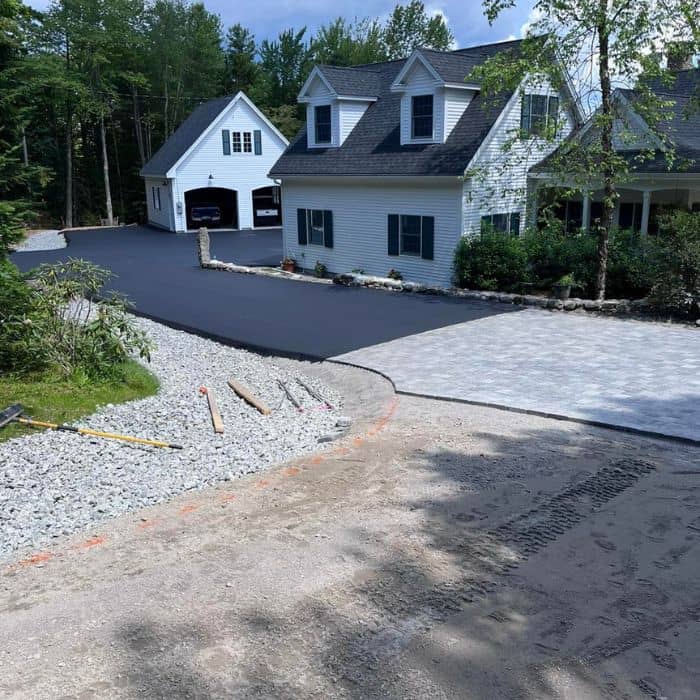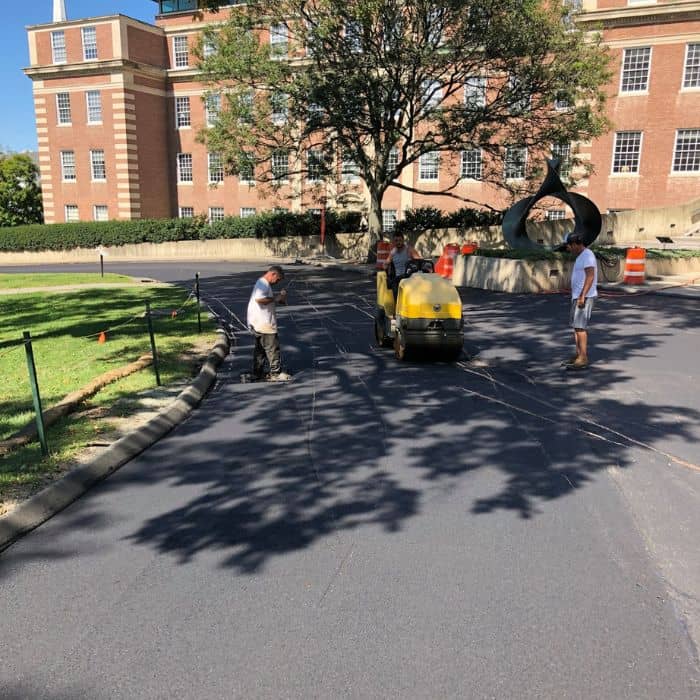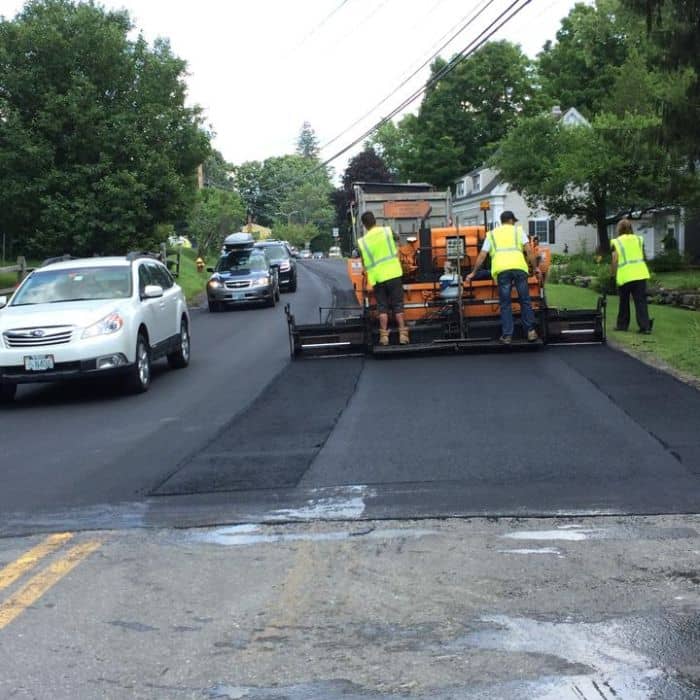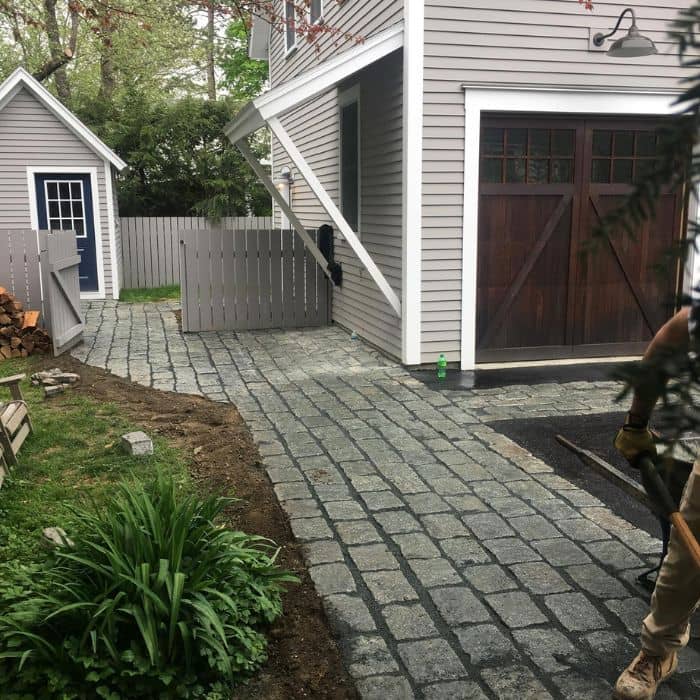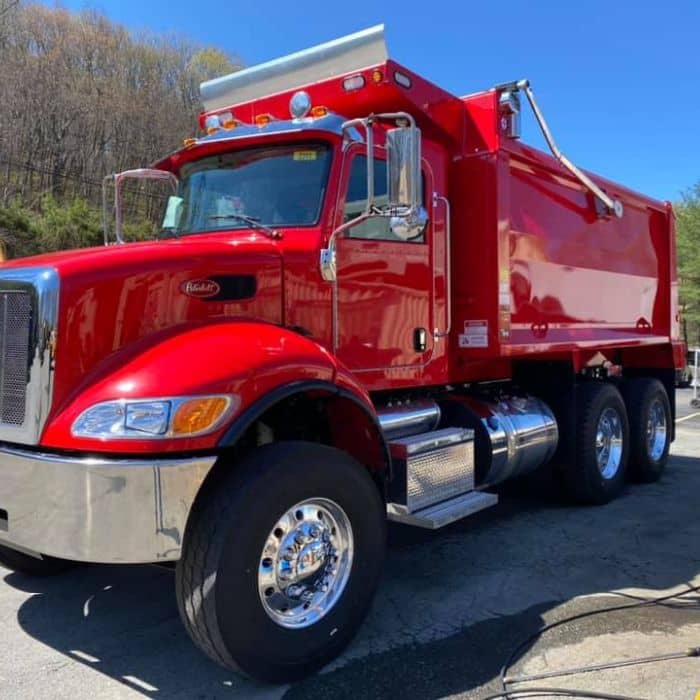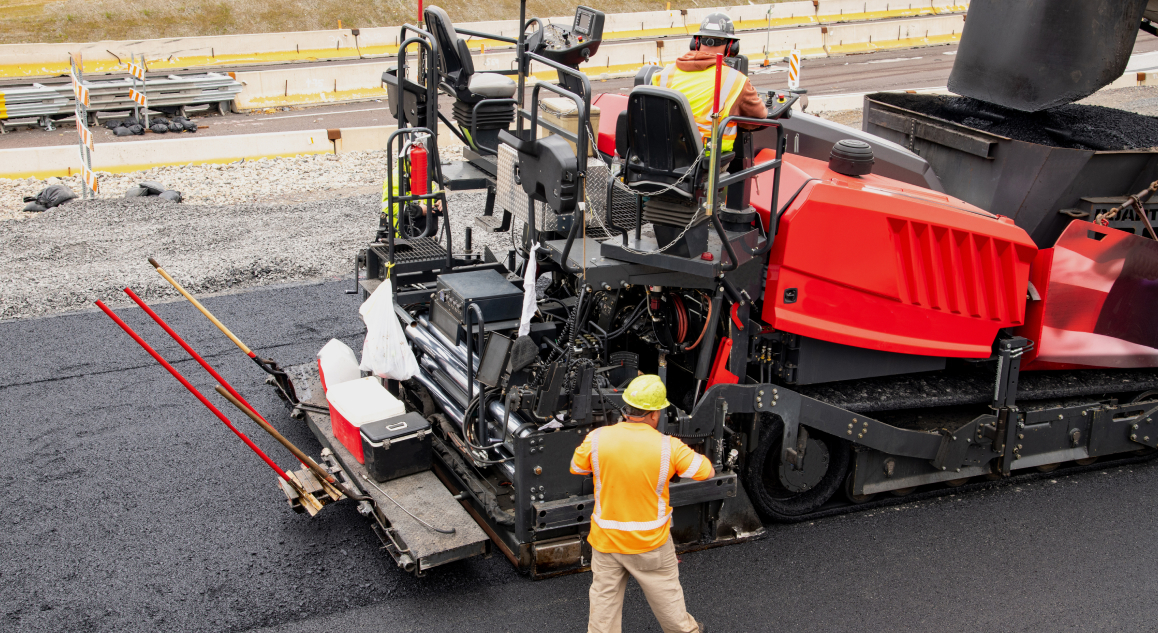
In recent years, the paving industry across Vermont has experienced a dramatic transformation. Modernpaving contractors in Vermont are redefining what quality and precision mean in road construction. By combining advanced equipment, sustainable techniques, and deep-rooted local expertise, they are creating longer-lasting, more efficient, and environmentally responsible paved surfaces.
This evolution is not merely technological—it’s strategic. Vermont’s contractors understand that infrastructure plays a vital role in supporting rural connectivity, commerce, and daily life. With new tools, materials, and approaches, they are meeting the state’s demanding conditions head-on and setting new standards in paving excellence.
The Power of Modern Equipment in Today’s Paving Industry
The introduction of advanced machinery and smart paving systems has changed how projects are executed across Vermont. Precision-driven equipment allows contractors to complete work faster, with improved accuracy and reduced environmental impact.
Modern equipment not only enhances efficiency but also ensures superior performance in every phase of the process—from grading and laying asphalt to compaction and finishing.
Key Technological Advancements Include:
- Laser-Guided Grading Systems: These enable flawless base preparation, reducing uneven surfaces and ensuring smooth final layers.
- GPS-Controlled Pavers: GPS automation enhances accuracy in asphalt placement, optimizing both material usage and compaction depth.
- Infrared Asphalt Repair Technology: Allows seamless patching and recycling of damaged pavement, extending the road’s life.
- Recycled Asphalt Mixers: Specialized mixers reuse old asphalt, cutting waste and costs while maintaining strength and quality.
This integration of modern equipment allows Vermont’s contractors to deliver projects that are not only durable but also environmentally efficient. Reduced fuel consumption, faster project timelines, and minimal waste have become standard benchmarks for professional paving teams.
Local Expertise: The True Foundation of Quality
While modern machinery plays a critical role, the deep local knowledge of Vermont’s paving professionals remains equally essential. The state’s terrain, temperature variations, and seasonal cycles create conditions that only experienced local teams can effectively manage.
Contractors familiar with Vermont’s geography and weather patterns know how to plan projects for longevity. From soil composition to frost resistance, their expertise ensures each pavement is engineered for performance.
Why local expertise matters:
- Understanding the freeze-thaw cycles that lead to surface cracking and structural wear.
- Choosing asphalt blends that can adapt to temperature fluctuations.
- Preparing drainage systems to prevent erosion and water damage.
- Timing construction phases around Vermont’s short paving season.
Local knowledge also translates to compliance. Paving professionals in Vermont are well-versed in state and municipal regulations, environmental standards, and best practices—ensuring every project is built responsibly and sustainably.
Sustainability: Building for the Long Term
Environmental responsibility is now a cornerstone of Vermont’s paving industry. Contractors are adopting eco-friendly techniques that balance infrastructure needs with environmental protection.
This commitment is evident in the materials, energy use, and overall project design strategies employed across the state. The goal is clear: build durable roads without compromising Vermont’s natural beauty.
Leading Sustainable Paving Practices:
- Recycled Asphalt Pavement (RAP): Reusing reclaimed materials reduces landfill waste and conserves resources.
- Warm-Mix Asphalt (WMA): Producing asphalt at lower temperatures cuts fuel use and lowers carbon emissions.
- Permeable Pavements: These surfaces allow stormwater to pass through, reducing runoff and supporting groundwater recharge.
- Energy-Efficient Machinery: Modern paving equipment consumes less fuel, delivering greener, more cost-effective projects.
These sustainability-focused methods showcase how Vermont contractors are merging innovation with environmental stewardship—building infrastructure that serves communities today and protects ecosystems for the future.
The Economic and Community Benefits of Modern Paving
The ripple effects of modern paving go beyond the roads themselves. Upgraded infrastructure contributes directly to economic growth, improved safety, and higher community value.
Investing in quality paving ensures fewer repairs, better traffic flow, and safer travel conditions. The result is a stronger, more connected Vermont where both residents and businesses benefit.
Key benefits include:
- Reduced Maintenance Costs: Durable pavements extend road lifespans, cutting the need for frequent repairs.
- Enhanced Property Values: High-quality driveways and parking lots improve aesthetics and market appeal.
- Improved Road Safety: Even surfaces and effective drainage reduce accidents, especially in winter.
- Support for Local Commerce: Better roads improve logistics and access for local industries, tourism, and agriculture.
Each project completed using modern equipment and local insight strengthens Vermont’s economic backbone, fostering growth while maintaining the region’s scenic integrity.
Technology Meets Craftsmanship
Even with the most advanced technology, human expertise remains at the heart of every successful paving project. Contractors across Vermont have learned to balance precision machinery with time-tested craftsmanship, ensuring each layer of asphalt is applied with care and accuracy.
This balance is maintained through continuous training, strict quality control, and attention to detail at every stage. Crews are trained not just to operate machines efficiently, but to interpret site conditions, identify early warning signs of potential issues, and make informed on-site decisions.
Contractors also rely on digital project management systems to coordinate resources, track progress, and maintain transparent communication with clients. This streamlined approach results in efficient scheduling, fewer disruptions, and superior results—hallmarks of modern paving excellence.
Overcoming Vermont’s Unique Paving Challenges
Paving in Vermont presents challenges few other states face. Harsh winters, variable soil conditions, and remote project sites require adaptability and innovation. Contractors have refined their methods to overcome these obstacles without compromising on quality.
Some of the state’s most pressing challenges include:
- Limited paving seasons due to long, cold winters.
- Terrain variations affecting foundation stability.
- Moisture management and drainage concerns in rural areas.
- Equipment transport difficulties in mountainous regions.
To manage these, contractors plan projects meticulously—often scheduling work during narrow temperature windows to ensure proper curing. They also use cold-weather asphalt mixes designed for flexibility and employ modular paving systems that allow work to continue efficiently even in unpredictable weather.
These strategies highlight Vermont contractors’ resilience and adaptability, proving that expertise and innovation can coexist to deliver reliable results.
The Future of Paving in Vermont
The future of Vermont’s paving industry lies in technology integration and sustainable innovation. Contractors are increasingly adopting data-driven approaches, artificial intelligence, and automation to improve both performance and maintenance.
Emerging trends that are shaping the future include:
- Smart Pavement Sensors: These monitor temperature and stress levels to detect early signs of damage.
- Electric and Hybrid Machinery: Reducing emissions and improving energy efficiency during construction.
- AI-Powered Project Planning: Optimizing resource allocation, scheduling, and cost management through predictive analytics.
As these technologies become more accessible, Vermont’s contractors will continue to elevate the standards of rural and urban infrastructure. The focus will remain on long-term performance, environmental responsibility, and community impact.
Conclusion
Vermont’s paving industry is a testament to the balance between innovation and tradition. Paving contractors in Vermont are redefining quality through the use of advanced equipment, sustainable materials, and unparalleled local expertise. Each project they complete reflects a commitment to precision, performance, and environmental integrity.
As the region continues to grow and adapt, collaboration across state lines plays an increasingly vital role in maintaining consistency and excellence. Partnering with an experiencedpaving contractor in New Hampshire reinforces this regional standard—ensuring durable, efficient, and environmentally conscious infrastructure throughout New England.
Through innovation, craftsmanship, and community focus, Vermont’s paving professionals are paving the way—literally and figuratively—for a stronger, smarter, and more connected future.



